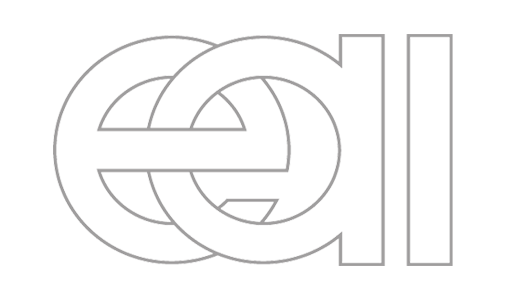
We Are Alive
Yau Ching
2010, 101:05 min, color, sound, Cantonese and Japanese with English subtitles
We Are Alive
Yau Ching
2010, 101:05 min, color, sound, Cantonese and Japanese with English subtitles
Description
We Are Alive documents an experimental process of conducting media workshops in juvenile detention centers in Hong Kong, Macau, and Sapporo, Japan. A kind of collaborative project between Ching and the incarcerated teens, the subjects of the film use amateur video and sound-recording equipment to express their fears and uncensored desires, to write letters to their past or future selves, and to re-imagine their lives as meaningful despite all odds. Ching states that through the video equipment, "...the teens were able to show a self, which is usually ignored or dismissed by mainstream media and these legal institutions because they were labeled as 'bad kids' in these societies." Acknowledging a shift in her own status (according to her parents) from "good child" to "bad child" with the expression of her gender and sexuality, Ching also sees the project as a way for herself to evaluate these terms: "It is also for me to rethink some of these values?what it means to be 'good' or to be 'bad' for others and for myself in this society."